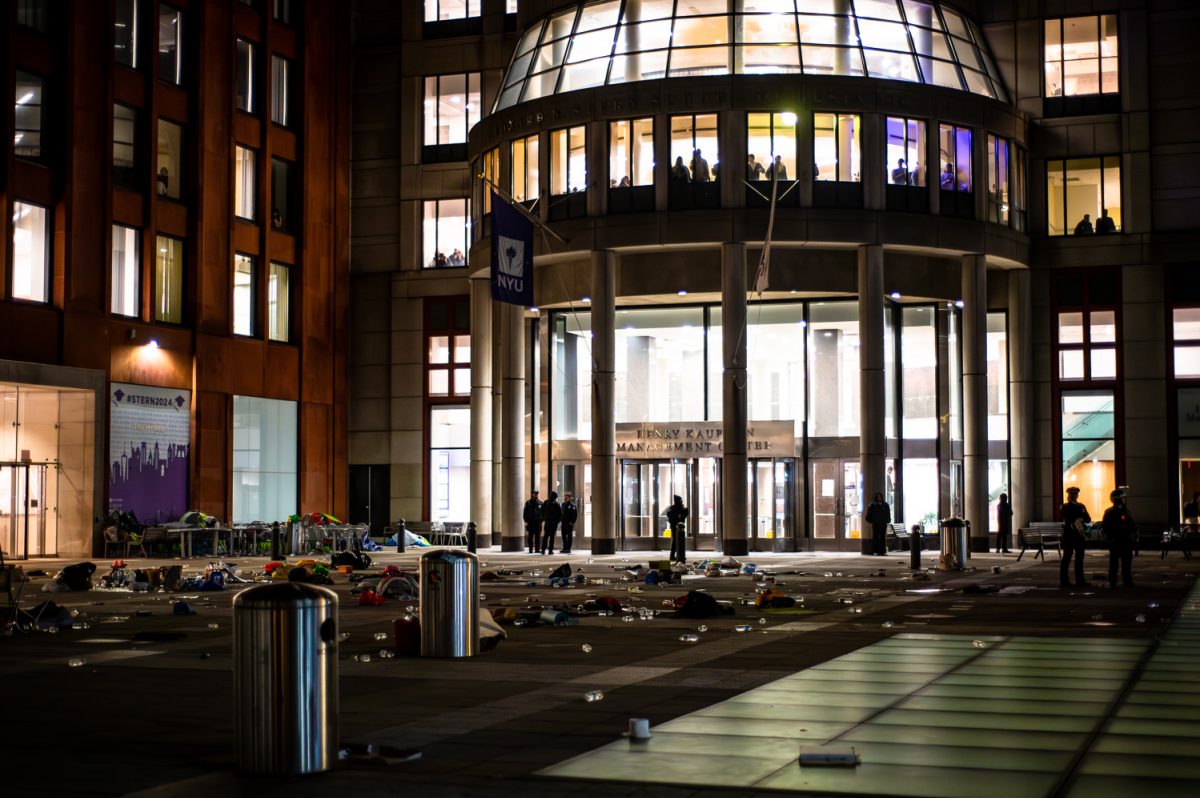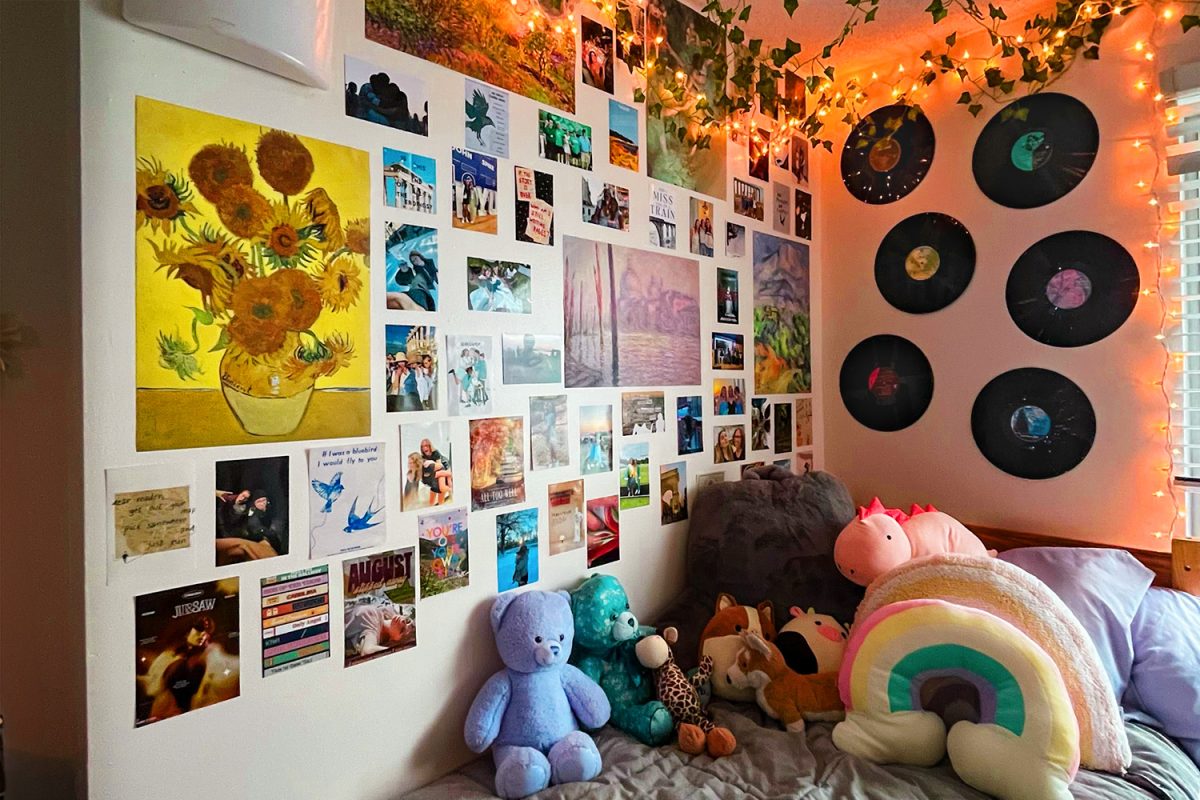Admins weigh racial privilege
December 1, 2014
Within the context of predominantly white administrators in a more diverse student body, White Administrators Talk Race seeks to provide a space to discuss racialized topics. The administrators delve into and develop their roles as allies in response to racial tensions such as the actions in Ferguson, Missouri.
WATR is a discussion group that meets every other week in the Center for Multicultural Education and Programs. This is the first semester the group has met.
Justin Lerner, an administrator who attends WATR meetings, said he finds the space and dialogue useful to becoming a better ally.
“I attend WATR because I like having a space where I can process and discuss my white privilege with other administrators,” Lerner said. “In light of the recent Ferguson decision, I think it’s even more imperative for white administrators to understand their own power and privilege and how they can use that privilege to be good allies to people of color and to effect positive change.”
Co-facilitator and study-away advisor Miriam Halsey said WATR is a way to talk about white privilege and ideas of racism. A white administrator herself, Halsey said the group engages in ways to develop themselves as individuals as well as support colleagues and students of color.
Co-facilitator Brittany Bummer, an administrative assistant in the Office of the Vice President of Student Global Affairs and a part-time graduate student in Steinhardt, explained that the group started as the administrative staff’s counterpart to the student discussion group Unpacking Whiteness, which meets every other Wednesday from noon to 1 p.m. in the CMEP Student Lounge in the Kimmel Center for University Life.
Halsey saw the need for this dialogue to be initiated among administrators, not just students.
“There is a lot of programming for students at NYU, obviously, but I think that staff administrators also want to be a part of the conversation,” Halsey said.
The group has consistent attendees, as well as new faces each week.
“So far it’s been mostly white people,” Bummer said. “But it’s definitely open to everybody. I think, because of the name, it has been mostly white people.”
CAS junior Arielle Andrews, president of the Black Student Union, said the intentions of the group are misguided.
“There is something to be learned from intragroup dialogues, so I can see what the intent was, but they will never gain the education that they seek to gain without engaging with the races who need a platform to discuss their issues the most,” Andrews said.
Yet the assistant director of CMEP, Selima Jumarali, assured the NYU community that WATR is not an exclusive space.
“We have been very careful, in CMEP, about not marketing it as a group that is just for white administrators because, of course, that would replicate historic racism to create space that would be ‘whites only.’” Jumarali said. “But it is also trying to create a space for a demographic of people to come together and share experiences that may be similar because they share a similar identity.”
Jumarali sees WATR’s discussions as necessary.
“In diversity work, learning about a marginalized group should not be only the responsibility of the marginalized group to educate the dominant group,” Jumarali said.
A version of this article appeared in the Monday, Dec. 1 print edition. Email Monica Millay at [email protected].











































































































































Braon • Dec 2, 2014 at 11:18 am
In the world of the demented Left whites just need to sit down and shut up…Any white person who participates in this orgy of self hate need to take a cyanide pill and do the rest of us Straight White and Proud folks a giant favor.. Don’t worry a competent “person of color” will take your place and we can move on from there..
You think we're that stupid? • Dec 1, 2014 at 11:14 pm
What a pile of crap. Diversity training gone insane in the membrane! How the hell do these people lead an esteemed American university?!?